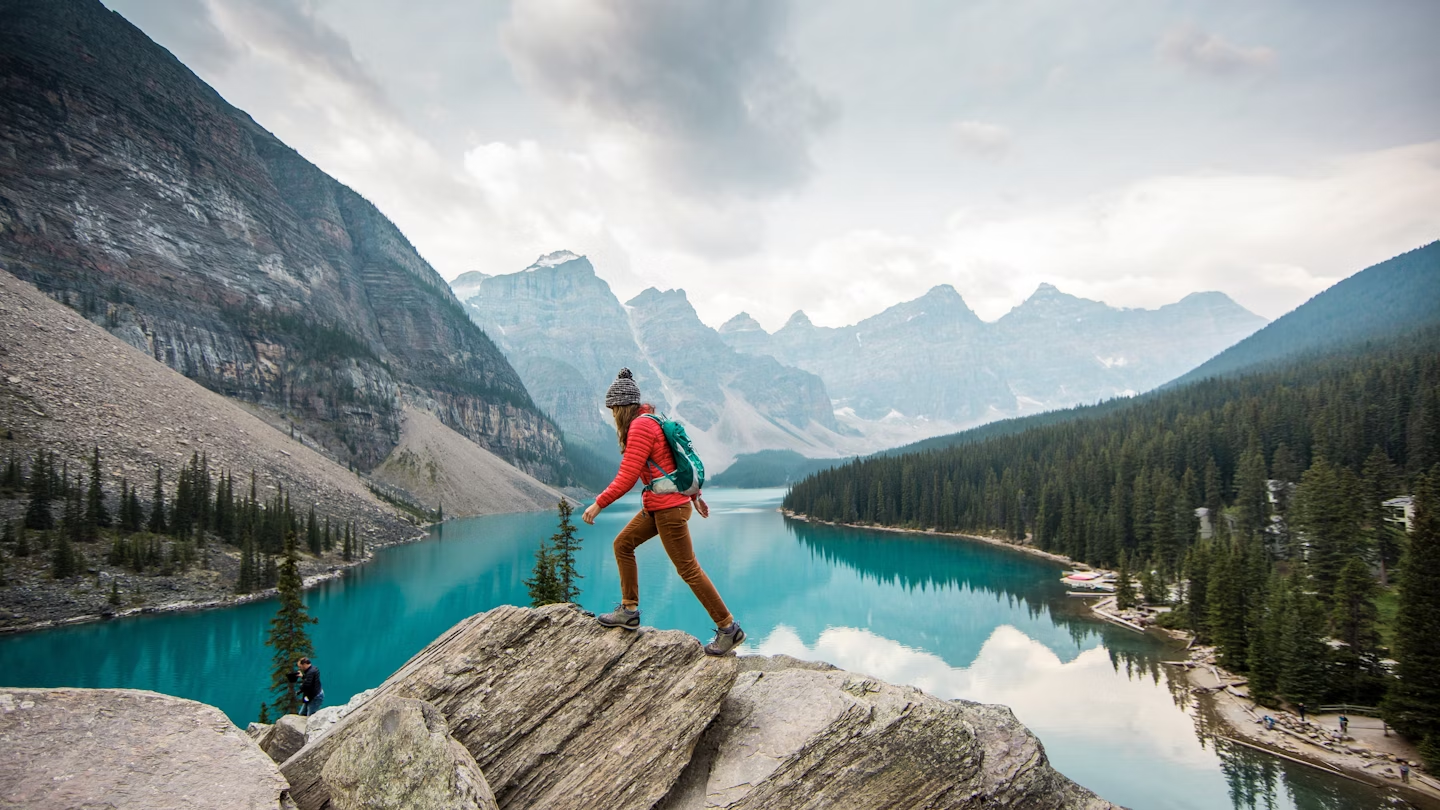As a born-and-raised Canadian, I’m often surprised by how little people know about my country.
I’ve been asked what it’s like to live in an igloo. (For the record, I don’t; it rarely snows in Vancouver, which I call home). About the best way to explore the entirety of Canada in a one-week trip. (Since it’s the second-largest country in the world, this would be difficult.) I’ve heard it all.
Which is why I put together this list of things any traveler to Canada should know before their trip.
1. Canada is too big to see in one visit
Canada is big. Like, really big: we’re talking a landmass of nearly 10 million sq km (3.86 million sq miles). The country is home to the second-highest mountain peak in North America (Mt Logan in Kluane National Park, Yukon), not to mention the world’s longest coastline, which meets three oceans: the Pacific, the Arctic and the Atlantic.
With 10 provinces, three territories and six time zones, it’s safe to say that Canada is a country that offers endless experiences.
When thinking about visiting to Canada, I’d recommend pinpointing one province or territory to discover. From the lush green forests, coastal beaches and snow-capped ski hills of British Columbia to the vibrant and culturally diverse cities in Ontario to snow-and-ice-covered Nunavut, each region has a unique landscape, culture and people.
2. Despite being a bilingual country, not all Canadians speak French
But we don’t all speak English, either. Canada is one of the most ethnically diverse countries in the world.
And while French and English are both official languages in Canada (Québec is the only province where French is the sole official language), there are many regions where people only speak one of the two languages fluently. There are even some regions where neither language is spoken.
Whatever language locals speak, signage and packaging around the country are typically in both English and French – a rule in place since the Official Languages Act came into force in 1969.
3. Be prepared to hear unfamiliar words spoken in Canada
3. Be prepared to hear unfamiliar words spoken in Canada
In Canada, we have our own special (English) words for everyday items. These are some common examples:
- Toque:a knitted hat usually worn in winter
- Two-four:a 24-pack of beer
- Pablum:a common Canadian name for baby cereal
- Freezies: ice pops
- Washroom:bathroom or restroom
- Clicks:used to refer to kilometers when driving
- Canadian tuxedo:denim top and bottom
- Tobogganing: sledding in the snow
4. Canada uses the metric system
Canadians measure measured in kilometers, pump gas in liters and express weather forecasts in Celsius. While many other countries do the same, it’s a common assumption that Canada follows the same measurement system as our friendly neighbors to the south. This is a big one for visitors from the USA who use the imperial measurement system. Get used to it.

